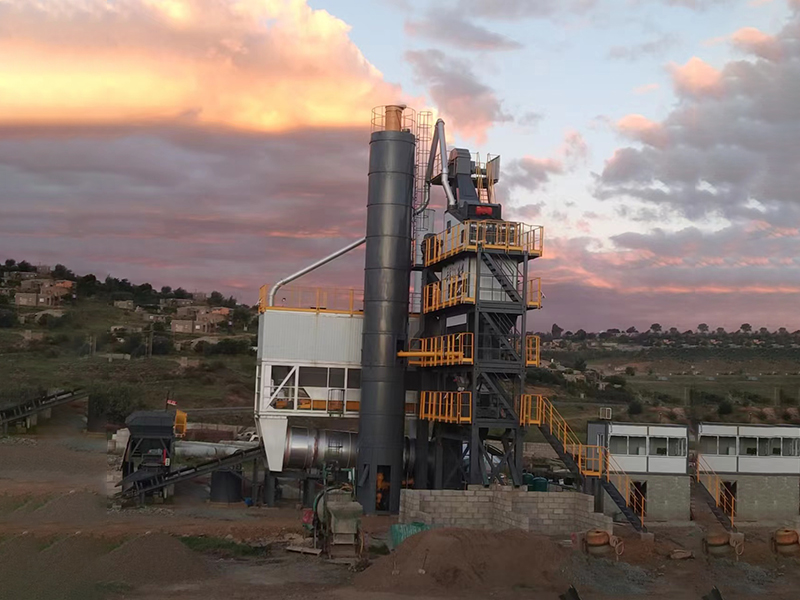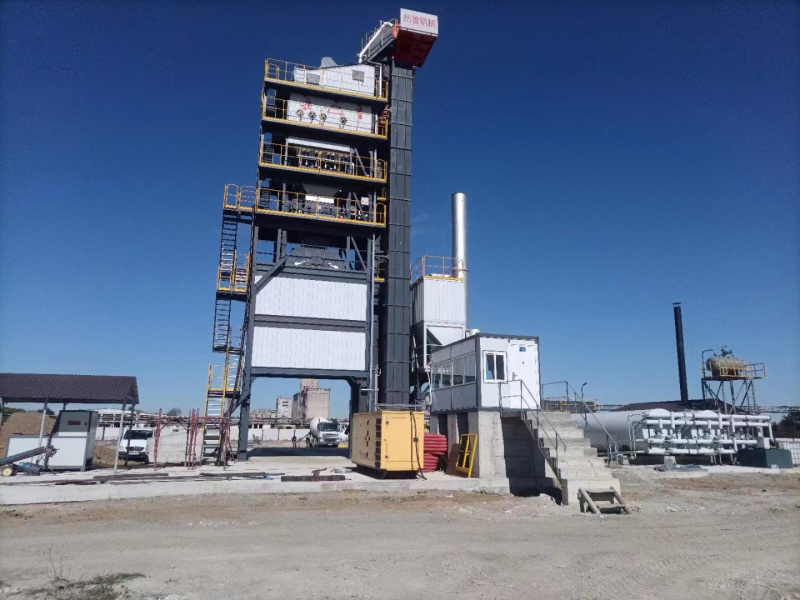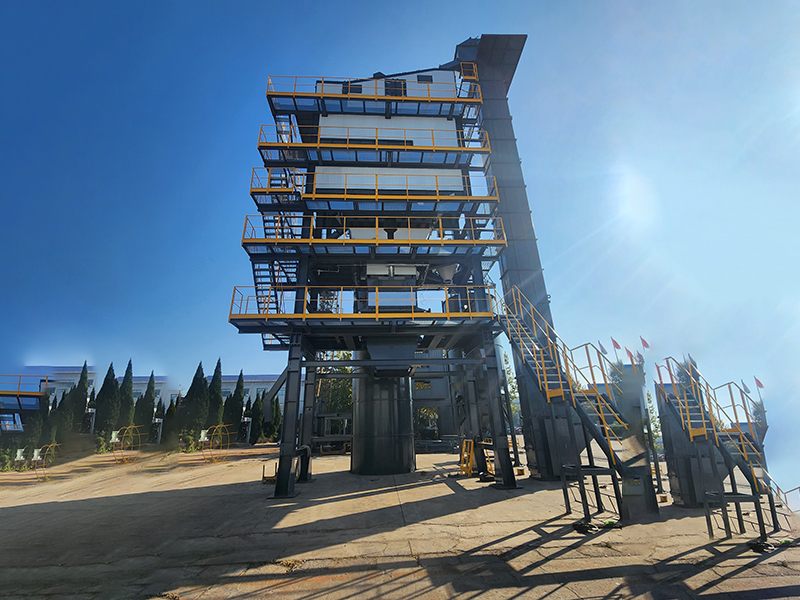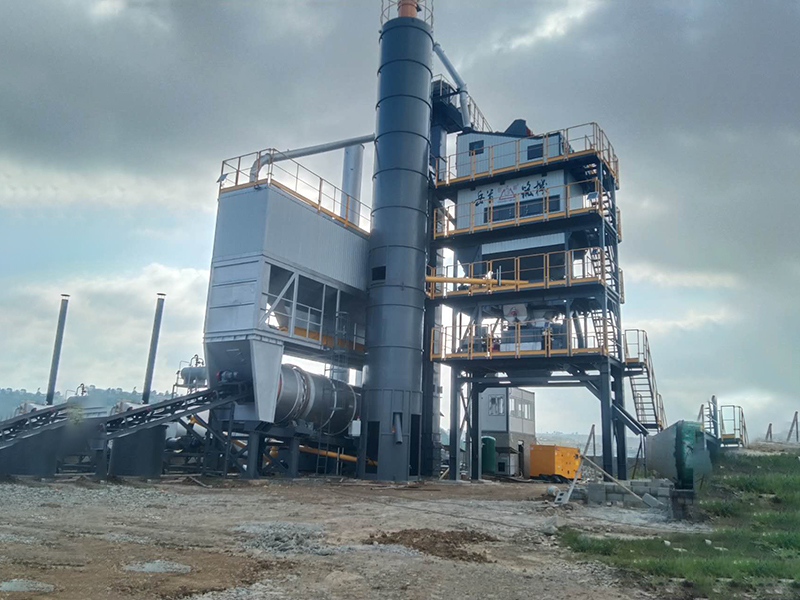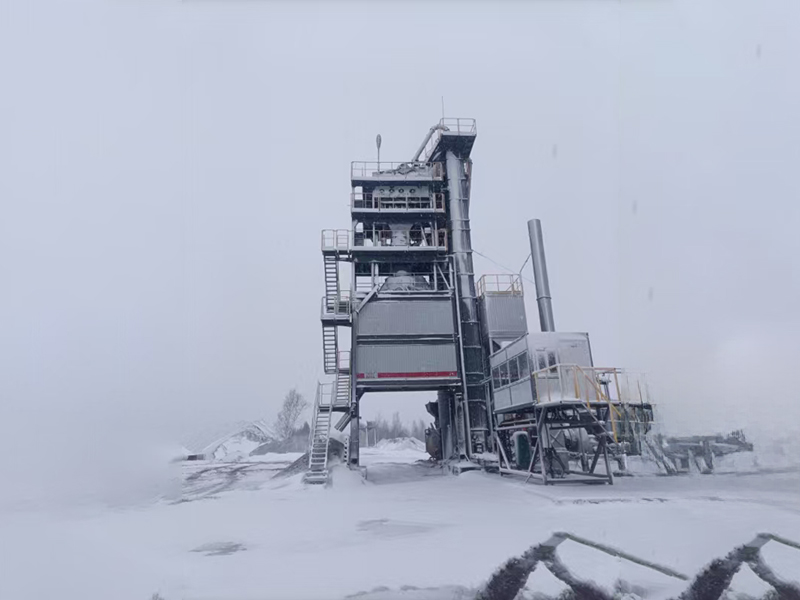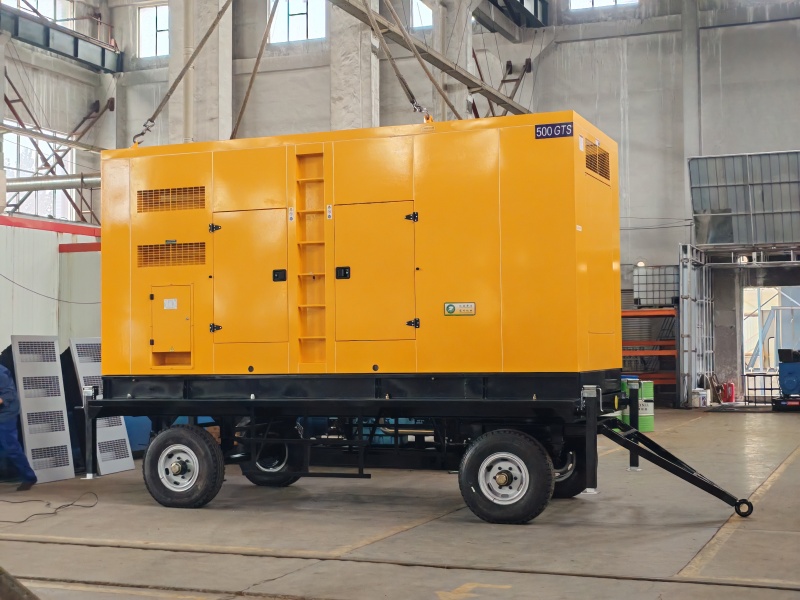High-Quality concrete mixing plant
Investing in a High-Quality Concrete Mixing Plant: A Comprehensive GuideThis article provides a detailed overview of what to consider when purchasing a high-quality concrete mixing plant, covering factors like capacity, type, automation, maintenance, and return on investment. We'll explore various options and offer guidance to help you make an informed decision.
Choosing the Right High-Quality Concrete Mixing Plant
The construction industry relies heavily on efficient and reliable concrete production. Selecting the right high-quality concrete mixing plant is crucial for project success, impacting timelines, costs, and overall quality. This guide navigates the complexities of choosing a plant that meets your specific needs and budget.
Understanding Your Concrete Requirements
Capacity and Production Needs
Begin by assessing your concrete production needs. Will your project require a small-scale plant for localized projects, or a large-scale facility capable of supplying numerous sites simultaneously? Consider your daily, weekly, and monthly concrete requirements to determine the necessary mixing capacity (measured in cubic meters per hour). Plants range from small, mobile units suitable for smaller jobs to massive stationary plants capable of producing thousands of cubic meters per day. Accurate assessment of your needs will prevent overspending or underestimating your plant's capacity. For instance, if you're undertaking a large-scale infrastructure project, a plant with a significantly higher hourly output would be beneficial.
Types of Concrete Mixing Plants
Several types of high-quality concrete mixing plants exist, each with its own advantages and disadvantages.
- Batching Plants: These plants mix ingredients in batches, offering precise control over the mix design. They are suitable for projects requiring diverse concrete mixes.
- Continuous Plants: These plants continuously mix ingredients, providing a higher output rate. They are best suited for projects with consistent concrete requirements.
- Mobile Plants: Portable and easily transported, these plants are ideal for smaller projects or projects in remote locations. However, their capacity is generally lower than stationary plants.
- Stationary Plants: Larger, permanent installations, these plants offer greater capacity and efficiency. However, they are not suitable for projects that require high mobility.
Assessing Automation and Technology
Modern high-quality concrete mixing plants often incorporate advanced automation features, enhancing efficiency and precision. Consider the level of automation needed. Features such as automated batching systems, computerized control panels, and remote monitoring capabilities can significantly streamline operations and reduce human error. Look for plants with user-friendly interfaces and robust software for optimal management.
Factors to Consider When Choosing a Supplier
Reputation and Experience
Thoroughly research potential suppliers, checking their reputation and experience in the industry. Look for suppliers with a proven track record of delivering high-quality concrete mixing plants and providing excellent after-sales service. Consider reading reviews and testimonials from previous clients. Taian Yueshou Mixing Equipment Co.,Ltd., for example, offers a range of options and is known for reliable equipment.
Maintenance and Support
A critical aspect is the availability of maintenance and support services. A high-quality concrete mixing plant requires regular maintenance to ensure optimal performance and longevity. Choose a supplier who provides comprehensive maintenance packages, readily available spare parts, and responsive technical support.
Return on Investment (ROI)
Carefully analyze the total cost of ownership, encompassing initial investment, maintenance, operational costs, and potential downtime. Compare the ROI of different plants based on your projected production volume and market conditions. Consider factors such as energy efficiency, which can significantly impact long-term operating costs. A plant with lower operating costs will yield a higher ROI over its lifespan.
Comparing High-Quality Concrete Mixing Plants
| Feature | Plant A | Plant B |
|---|---|---|
| Capacity (m3/hr) | 50 | 75 |
| Type | Batching | Continuous |
| Automation | Semi-Automated | Fully Automated |
| Price | $XXX,XXX | $YYY,YYY |
Note: The data in this table is illustrative and should be replaced with actual data from specific manufacturers.
Investing in a high-quality concrete mixing plant is a significant decision. By carefully considering your needs, researching suppliers, and analyzing the total cost of ownership, you can make an informed choice that contributes to the success of your projects. Remember to always prioritize quality, reliability, and long-term value.
Related products
Related products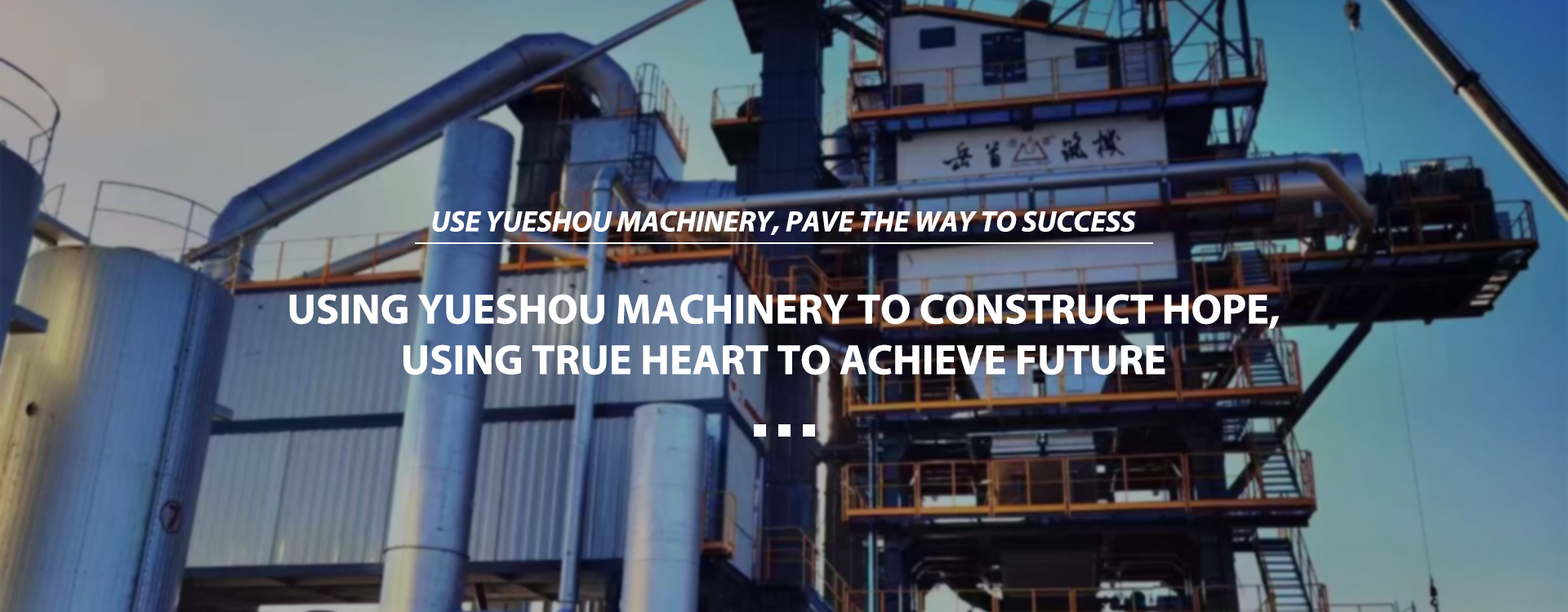
Best selling products
Best selling products-
 Asphalt Mixing Plant
Asphalt Mixing Plant -
 Mobile Type soil batching plant
Mobile Type soil batching plant -
 Modular Type
Modular Type -
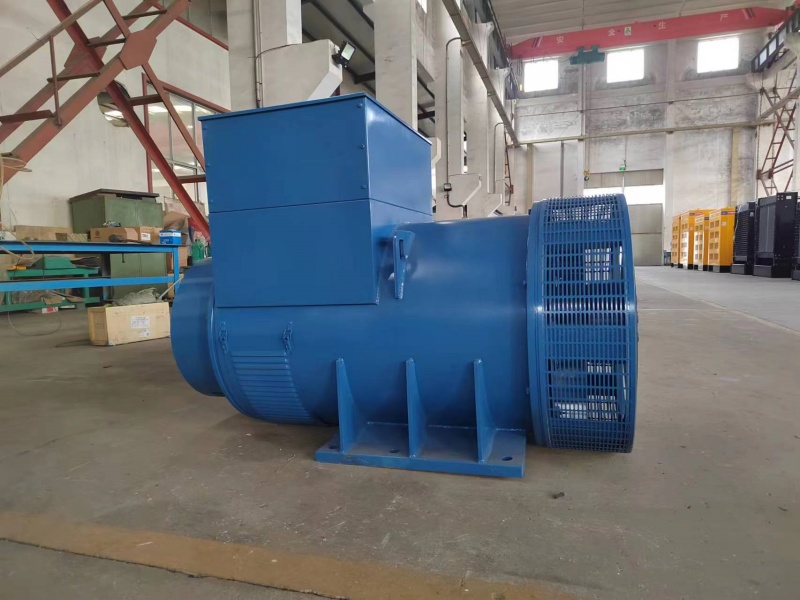 YIWANFU – Alternator
YIWANFU – Alternator -
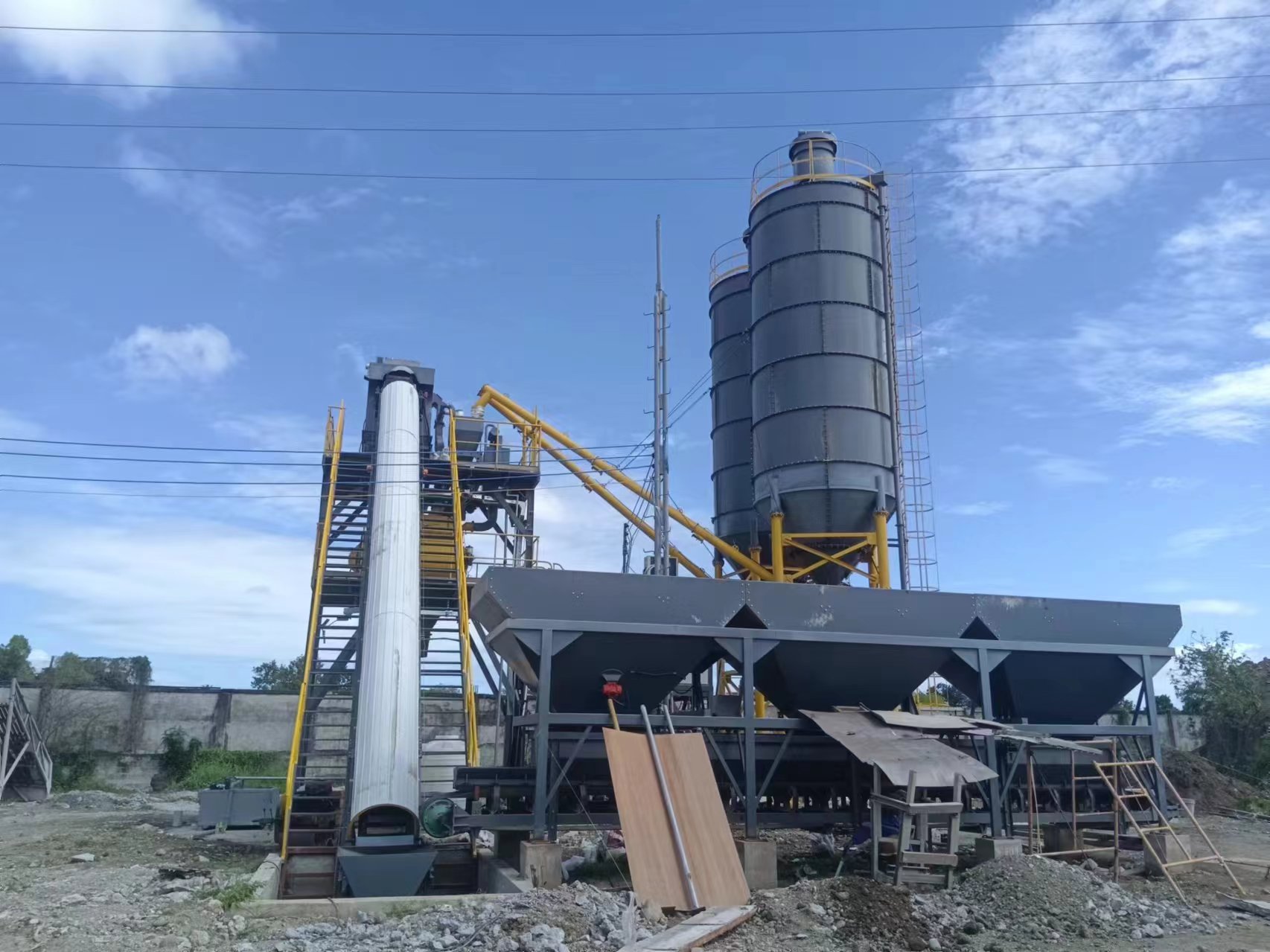 HZS60 concrete mixing plant
HZS60 concrete mixing plant -
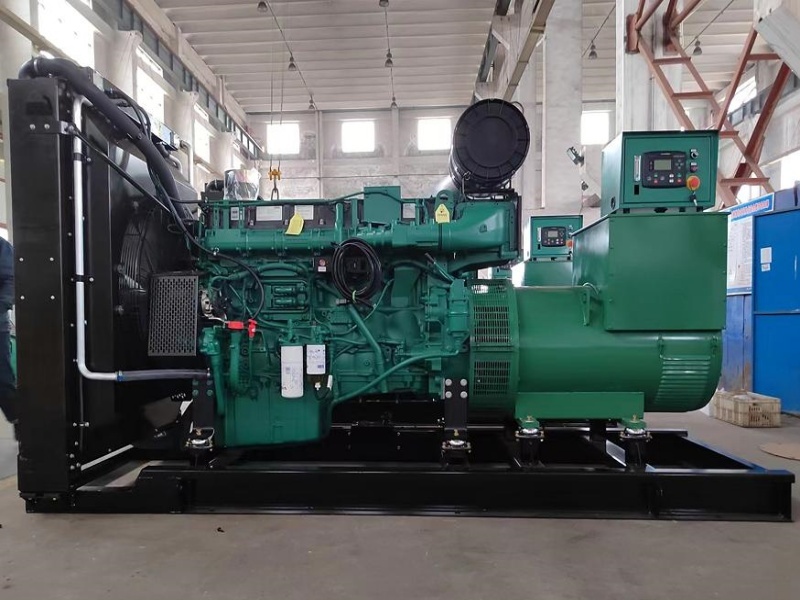 VOLVO SERIES DIESEL GENERATOR SET
VOLVO SERIES DIESEL GENERATOR SET -
 Moveable Type
Moveable Type -
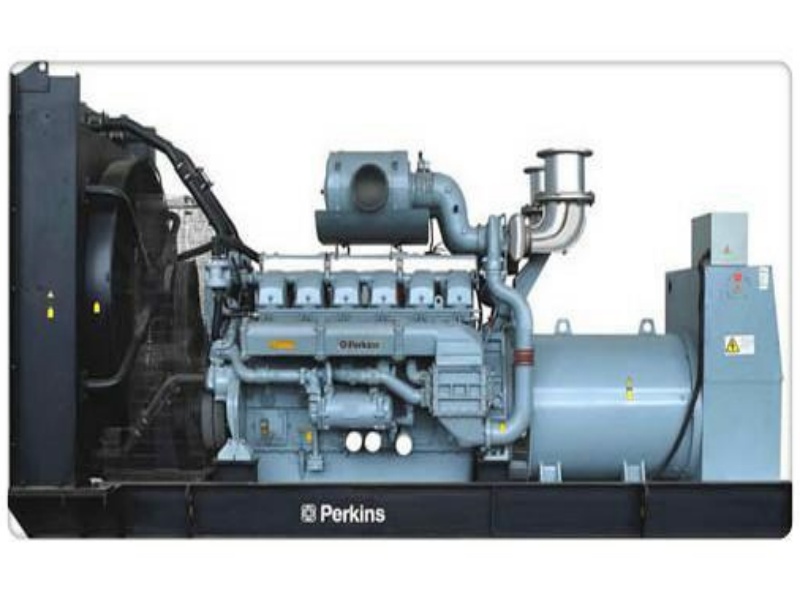 PERKINS SERIES DIESEL GENERATOR SET
PERKINS SERIES DIESEL GENERATOR SET -
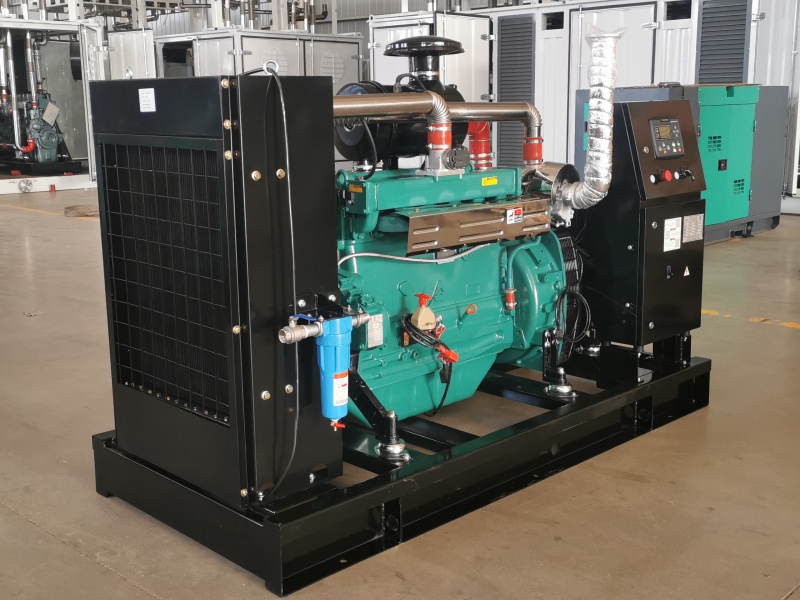 GAS TURBINE AND WATER PUMP SERIES
GAS TURBINE AND WATER PUMP SERIES -
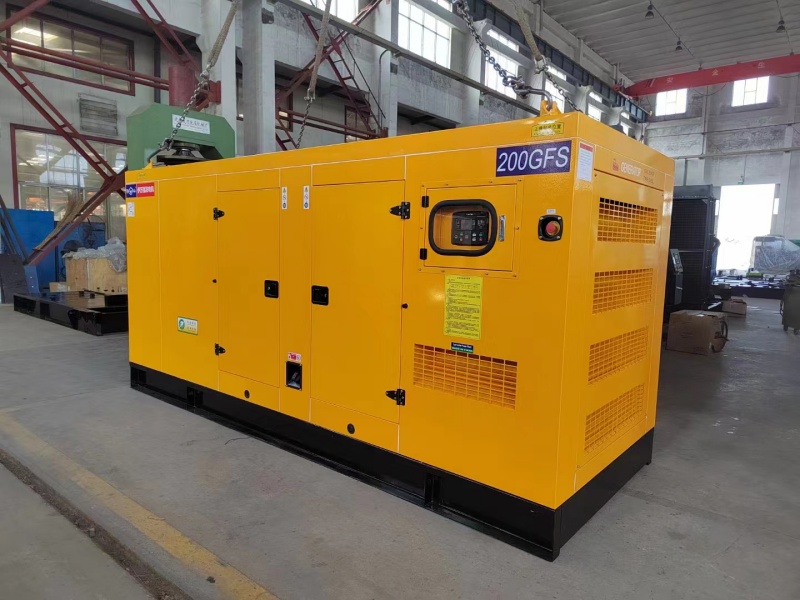 SOUNDPROOF GENERATOR SETS
SOUNDPROOF GENERATOR SETS -
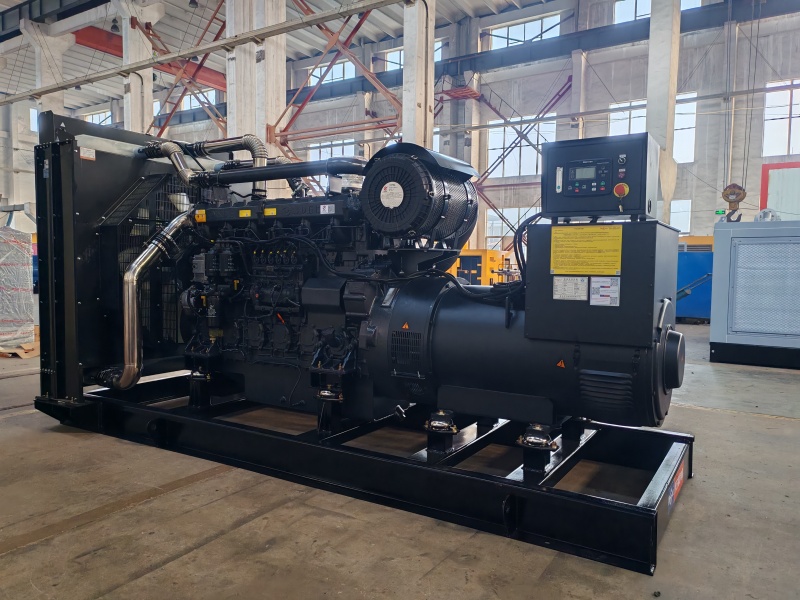 SDEC SERIES DIESEL GENERATOR SET
SDEC SERIES DIESEL GENERATOR SET -
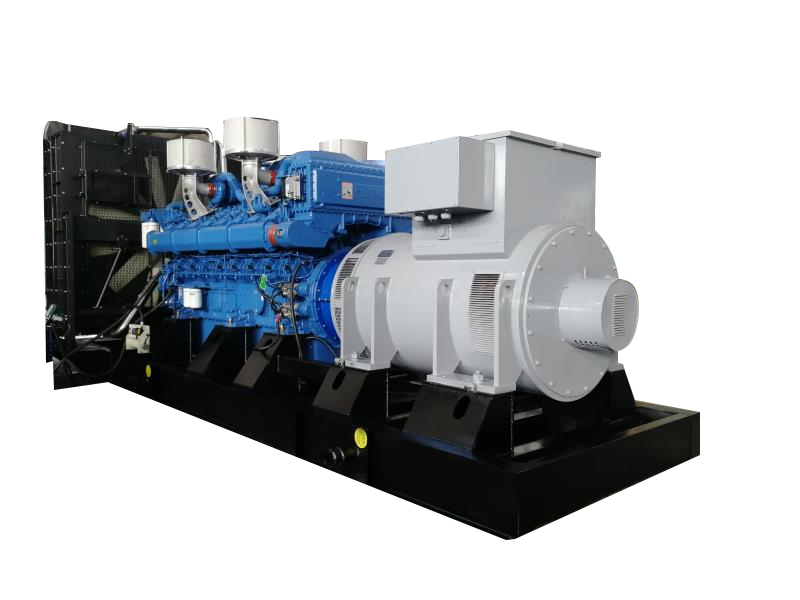 HIGH-VOLTAGE GENERATOR SETS
HIGH-VOLTAGE GENERATOR SETS
Related search
Related search- High-Quality cwr asphalt plant Manufacturers
- High-Quality on site concrete batching plant Manufacturers
- High-Quality jobling purser asphalt plant Products
- Cheap tilcon asphalt plant
- Wholesale readymix concrete plant
- High-Quality apollo ready mix concrete plant Manufacturers
- China breedon concrete plant
- High-Quality sany concrete batching plant Exporter
- China almix asphalt plant
- Famous concrete mixing plant price

